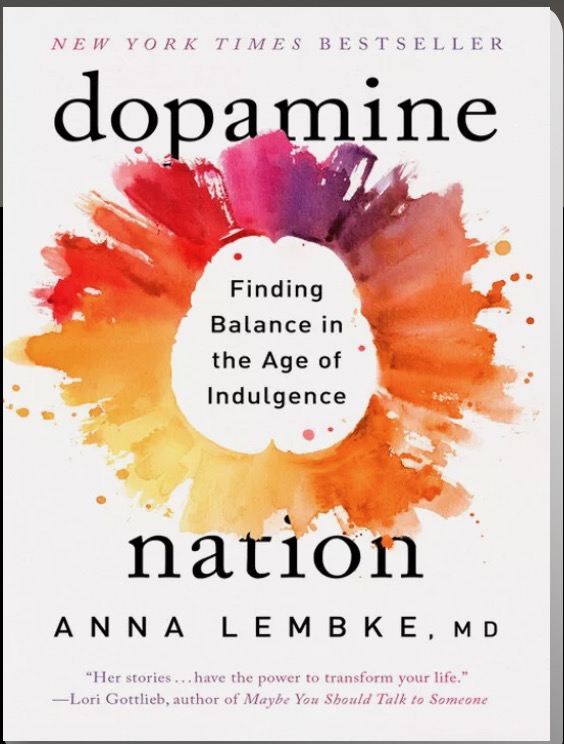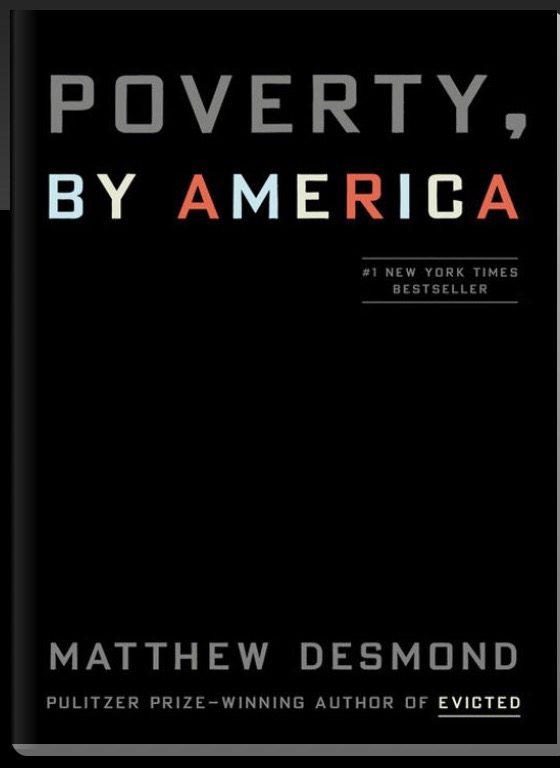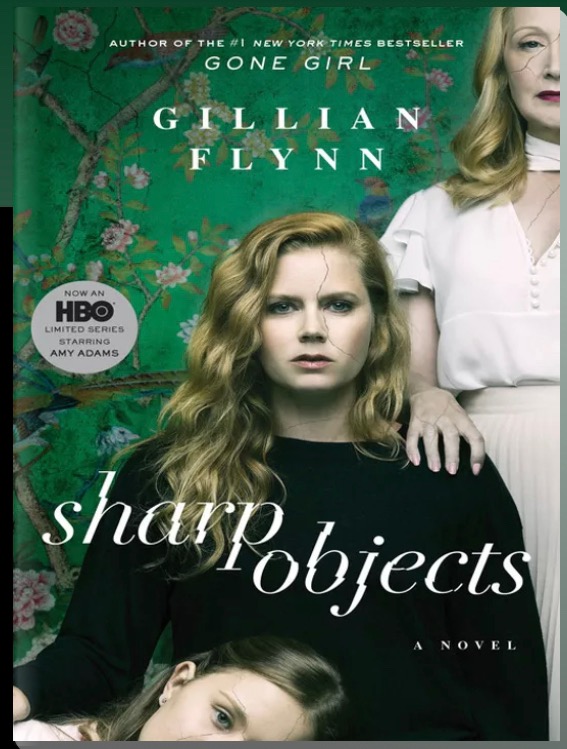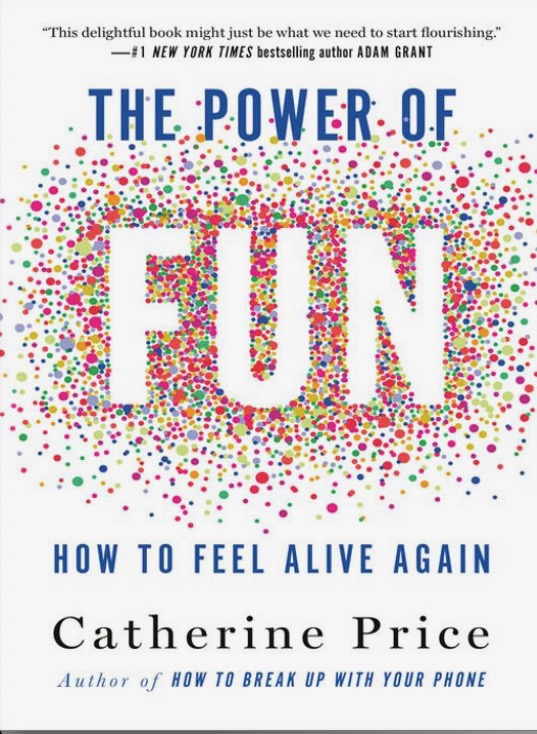Read a total of five books in May. Listened to two audiobooks.







Poverty, by America by Matthew Desmond. Inspired by Evicted by the same author (which I loved) , I reserved this book from the local library and six months later, read it. Dense and well researched book. Not too many catching narratives (as in, Evicted) but just packed with data. Honestly, I skipped over the data. Not sure what I am taking away from this… Probably something obvious:
- Extreme poverty is hard to climb out of;
- Social programs can be very beneficial;
- Social good versus individual good;
- M. Desmond is an obvious socialist (kind of like me, I guess, but he didn’t grow up in the Soviet Union)
- Basic universal income is a thing. Notable quote: “achievement gaps between rich and poor children form and harden before kindergarten.”
Dopamine Nation by A. Lemke. Spur of the moment check-out from the local library. Started off well then lost me in the research (data, here we go again…) and judgmental client stories. The book supposedly promised “balance” – just look at the front page – but I got none of that. Packed with anecdotal stories about the author’s clients, I personally got very little out of it. Yes, addiction is bad, remove wine and candy from your house, don’t construct a masturbation machine (yep), and pain can be good. Anyway. I muscled through it.
Took a screenshot of the tips at the end:
1. The relentless pursuit of pleasure and avoidance of pain, leads to pain.
2. Recovery begins with abstinence
3. Abstinence rests the brains reward pathway and with it our capacity to take joy and simpler pleasures.
4. Self-binding creates literal and metacognitive space between desire and consumption, a modern necessity in our dopamine overloaded world.
5. Medications can restore homeostasis, but consider what we lose by medicating away our pain.
6. Pressing on the pain side, resets our balance to the side of pleasure.
7. Beware of getting addicted to pain.
8. Radical honesty promotes awareness, enhances intimacy and fosters a plenty mindset.
9. Prosocial shame affirms that we belong to the human tribe.
10. Instead of running away from the world, we can find escape by immersing ourselves in it.”
Sharp Objects by G. Flynn. Loved this book, breezed through it. Started watching the series on HBO after finishing and just could not finish the TV show. The book was so much better. A true “escape” of a book. A notable quote: “They always call depression the blues, but I would have been happy to waken to a periwinkle outlook. Depression to me is urine yellow, washed out, exhausted miles of weak piss.”
The Best American Mystery Stories (ed. Harlan Coben). Cherry-picked my way through this anthology. A notable story: two cops who both have terminal cancer and have nothing to loose, “take care” of bad people who hurt innocent nurses.
The Power of Fun by C. Price. I first found out about the author when I read her tiny book How to break Up with Your iPhone back in 2018. Did I break up with my iPhone? No, but I do remember becoming a bit more aware of how/when/where I use it. So now she wrote a book about how to incorporate True Fun (key term in the book) into your life. Because apparently, there is Fun and then there is True Fun. I kind of agree with that, and much of her arguments revolve around being present, in the moment, in the flow, in the zone, etc. Haven’t really learned much new stuff from the book. In essence:
- Somehow, somewhere be sure to find playfulness, connection, and flow
- Get away from screens.
The Second Mountain by D. Brooks. A 13 hour audiobook from Libby- played on 1 1/2 speed. This was very enriching for me albeit very little personal application. But I feel like this book contributed to my knowledge of religious views and social capital. I especially liked his chapter on (the lack of) community in many people’s lives (including mine).
In essence, this book is like 4 in 1: a memoir, self-help, social commentary, and a literature review! One major takeaway: people climb two mountains in their lives. The first mountain is your typical striving for story: graduate, start a family, get material stuff, get depressed. Then comes the valley, some kind of crisis, i.e a divorce, a health scare/diagnosis, death of a loved one, etc. After the person comes back from the valley, they now are ready to climb their second mountain which leads to enlightenment and service to others.
The Anxious Achiever by M. Aarons-Mele. A 9 hour long audiobook from Hoopla, played at 1 1/2 speed. I wanted to love this book but it fell flat. Lots of repetition, many stories with the same message: “if you are a leader suffering from anxiety, issokay. Here are some strategies to help you manage your anxiety better.” I did like how the author looks at anxiety as something positive in spite of the fact that it can disrupt people’s lives.
